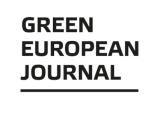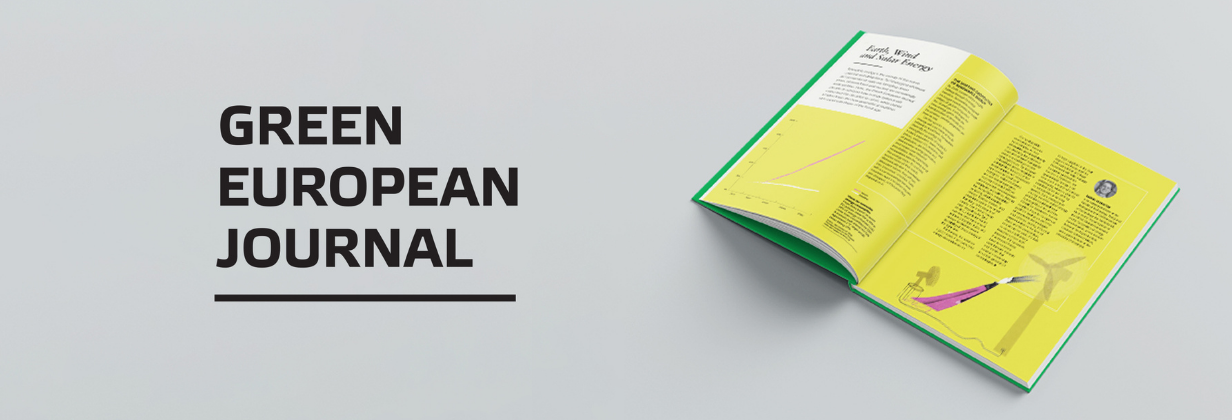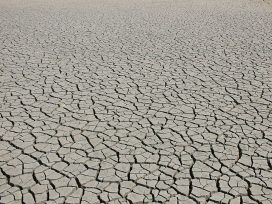

In collaboration with
Green European Journal
The Green European Journal is an online and print political ecology magazine dedicated to analysis, debate and new ideas. Since its foundation in 2012, its transnational approach has gone beyond daily news to read politics and society in Europe with a fresh lens. In times of social and ecological crisis, attacks on democracy, and rapid technological change, the Green European Journal helps ideas travel across cultural and political borders, building solidarity and understanding.
Published twice a year, print editions explore topics ranging from the current state of democracy to geopolitics in a warming world. The online journal publishes weekly in English, with selected translations offered in 28 languages and counting. The magazine collaborates with partners across Europe to connect new audiences and open up spaces for transnational debate. Audio versions of selected articles on the Green European Journal podcast: Green Wave.
Subscriptions: https://www.greeneuropeanjournal.eu/subscribe-order/
Monthly newsletter: greeneuropeanjournal.eu/newsletter
Twitter & Instagram: @GreenEUJournal
Facebook & LinkedIn: Green European Journal

Articles

Faced with energy scarcity exacerbated by war, EU member states are turning to solutions that are environmentally damaging and not affordable for all. Could ‘energy sobriety’, a form of rationing and progressive pricing, be a socially just way of managing a necessary reduction in energy use?

Running dry
Protecting the right to water in Europe
Water privatization has catastrophic results, as shown by France and the United Kingdom. Citizens across Europe are increasingly opposed to the liberalization of essential services. But with climate change worsening droughts and heatwaves, public ownership is only the first step towards just and effective water management.

Prosperity for the many
The commodification of housing and how to fight back
Since the 1980s, a wave of privatization has turned housing into a market commodity. Though tourism platforms and corporate landlords are more present than ever, an increasing number of European cities are fighting back, following the path laid out by Vienna.

Economics tends to alienate women, who are largely excluded from its systematized theories; study environments for the subject are still male dominated. It’s high time for the work of once influential female economists, hidden from view for centuries, to make a comeback.
